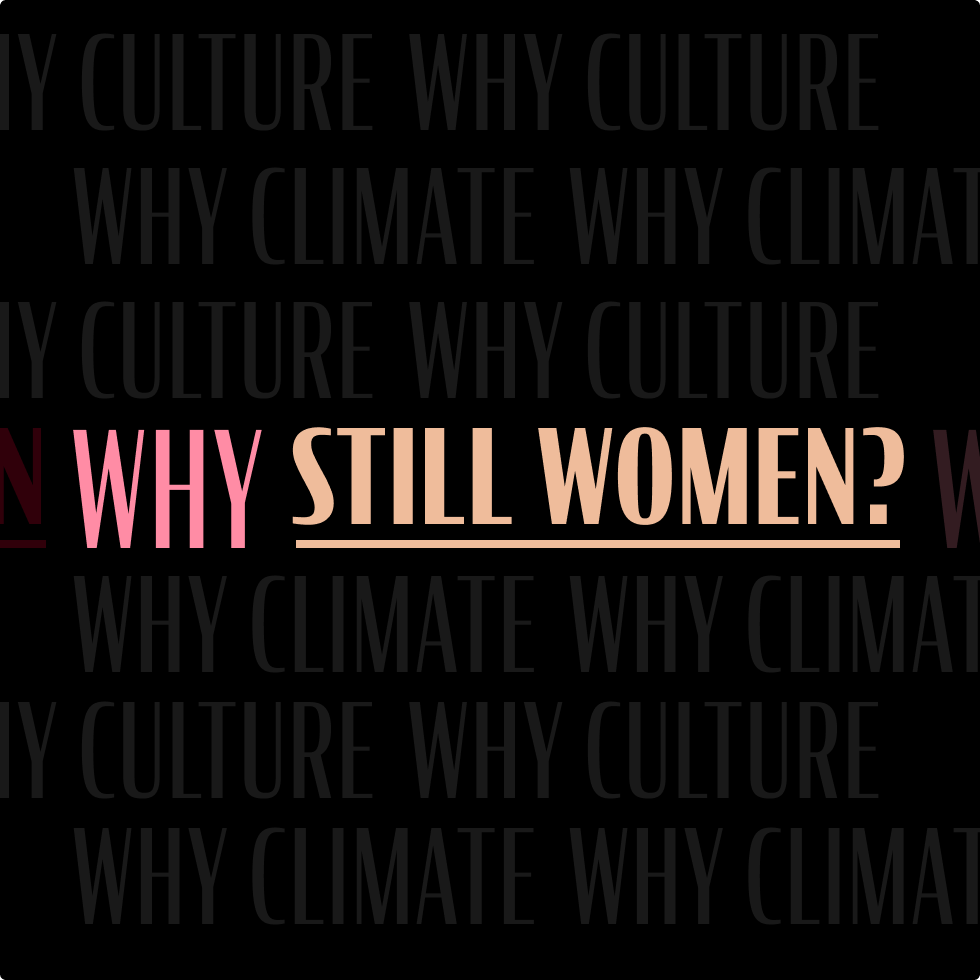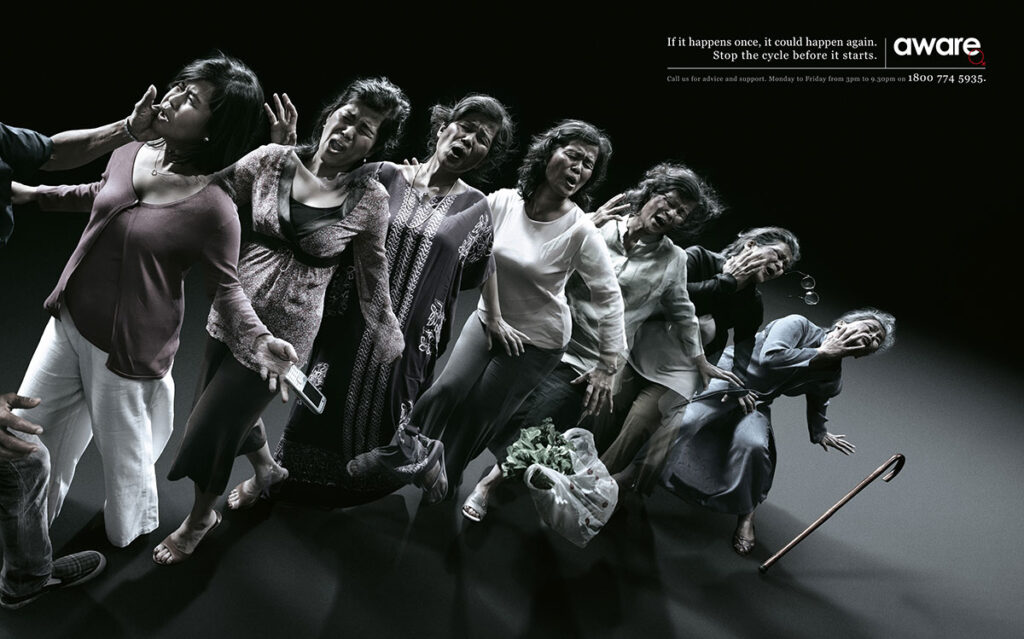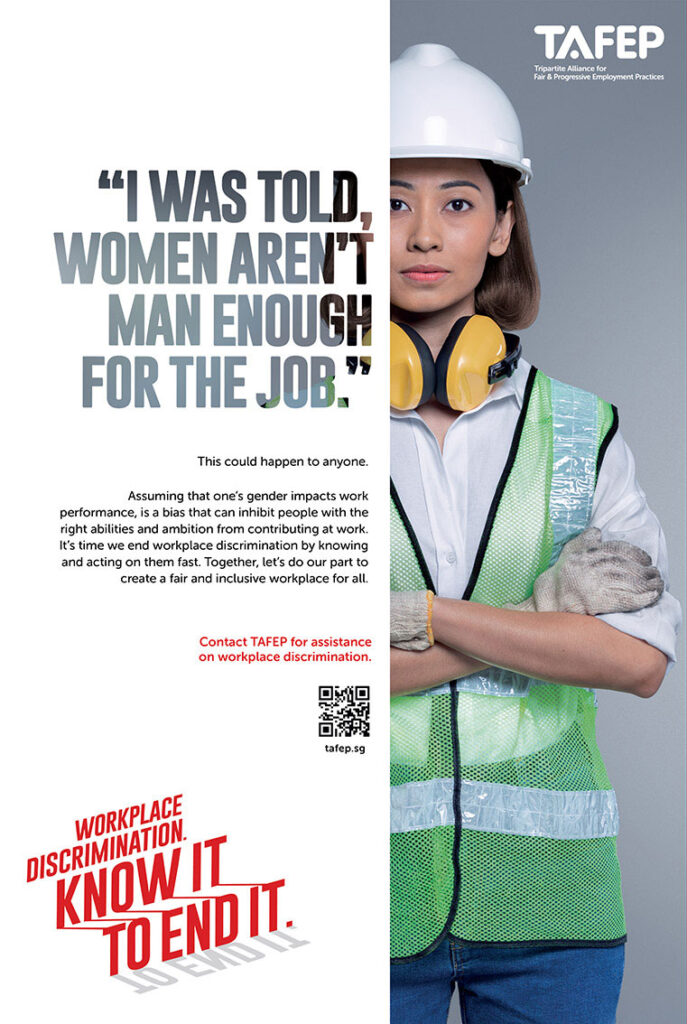Why Still Women?
Published
August 25, 2022
By
Team

Women at Home

In many patriarchal cultures, women are raised under the watchful custody of their birth family, before being transferred to their spouse’s upon marriage. A woman’s assigned gender role is that of housekeeping and childbearing, while that of men is providing food and shelter for the family. As such, wives and daughters are largely housebound and dependent on husbands and fathers, who hold disproportionate power over their personal and financial freedom.
For example, India claims the modern world’s highest population of slaves, most of them forcibly married women and girls — a result of women’s persistent second-class status in society, despite efforts of the government and civil society activists. Daughters are considered less valuable, and selective abortion of female foetuses is widespread. Costly dowries exacted by husbands’ families suggest that women are economic burdens. Worse, they may be seen as property of other men, leading to ‘honour’ killings and being sold into slavery to cover family debt.
Although women in Singapore live with far less risk of violence, similar attitudes about women’s servitude and inferiority exist. While women are responsible for a disproportionate level of domestic work in Singaporean households, most Singaporeans (57%) believe men should be the household’s key decision maker. Further, 83% of Singaporeans encourage women to stay in violent relationships for economic stability or their children. These corrosive beliefs leave women vulnerable to harm, and have led the Singapore government to formulate action plans to address gender inequality at different levels of society.

Women in Industry
Although patriarchal societies can be strict about gender roles, countless women work to survive, supplement their family’s income and gain financial independence. Despite this, female employment is sometimes seen as an anomaly; society elders and government officials may even encourage women to return to their ‘natural’ role as housebound service providers.
Take Saudi Arabia; in 2017, it made world headlines for creating a Girls Council to boost women’s social mobility — led by 13 men and no women. In recent years, the country has liberalised employment for women and introduced promising new workplace equality laws to increase economic productivity. However, enduring sexism leaves female workers vulnerable to wage exploitation. Despite women now accounting for one third of Saudi Arabia’s workforce, doubled from just five years ago, its gender wage gap is estimated at 49%, higher than the estimated global average of 37%. Consequently, women still face significant hurdles to independence compared to men, for example in securing housing.
Income inequality breeds more unequal opportunities, even in countries like Singapore where the unadjusted gender wage gap is below average (14.4%). One common reason behind gender wage gaps is the assumption that female workers will eventually quit full-time employment to raise a family. Companies may pay men more because they consider them more likely to contribute more value in the long term. Such stereotypes not only ignore that many female workers choose to remain childless or continue to work through parenthood, but also make mentorship or investment in a woman’s career harder to come by due to a perceived lack of potential. This creates a self-fulfilling prophecy in which women, understanding these career limitations, are more likely to give up full-time employment to focus on child rearing. The fulfilment of the stereotype thus reinforces a singular role of women — that of domesticity.
Inequities like wage gaps put women at a financial disadvantage and heighten the power asymmetry between women and their higher-paid male peers. In response, women may organise on a political level to demand institutional change.
Women in Politics
The socially precarious circumstances of women can be traced to the lack of female representation in politics. Where there are few to no female politicians, women’s political interests are more likely to be overlooked. While few countries remain where women cannot vote or hold office, major obstacles persist.
For example, female voters and politicians face frequent intimidation and violence by men threatened by their influence. Afghanistan’s 2018 elections saw a record turnout by women as both voters and candidates, but also coincided with a spike in violence; one bombing at a female candidate’s rally claimed 22 lives.
More commonly, governments can make voting difficult for vulnerable groups. In the US, certain states are said to suppress voting through photo ID laws. Many working-class or low-income Americans — the majority of whom are women — do not have passports or drivers licences as they cannot afford to travel overseas or own cars, thus disqualifying them from voting in elections. Of the 13 US states with unpopular abortion bans now in effect, 11 have strict photo ID requirements for voting that have been linked with voter suppression.
Both Afghanistan and the US have regressed in gender equality due to, respectively, the Taliban’s resurgence and a growing Conservative movement to limit women’s bodily autonomy. Even when women technically have voting rights, there is no guarantee that they will make it safely to the polling booth or to parliament. With a suppressed political voice, women’s problems are unlikely to be addressed or could deteriorate.
Women in Progress
Even in countries where women enjoy legal rights and protections, patriarchal mindsets persist and place women in precarious positions. Epic backslides like the US’s can be disheartening (what good has a century of feminist activism really achieved when it can all be rolled back in the bat of an eye?) but remind us that feminist thinking and activism is more urgently needed than ever. Progress for the world’s most vulnerable women must be made, and the cherished gains that our predecessors worked so hard for must be safeguarded.
Join us as we explore the ins-and-outs of what it means to be a woman today.
Read the previous piece of this series in which we explore gender equality and answer the question Why Women?

